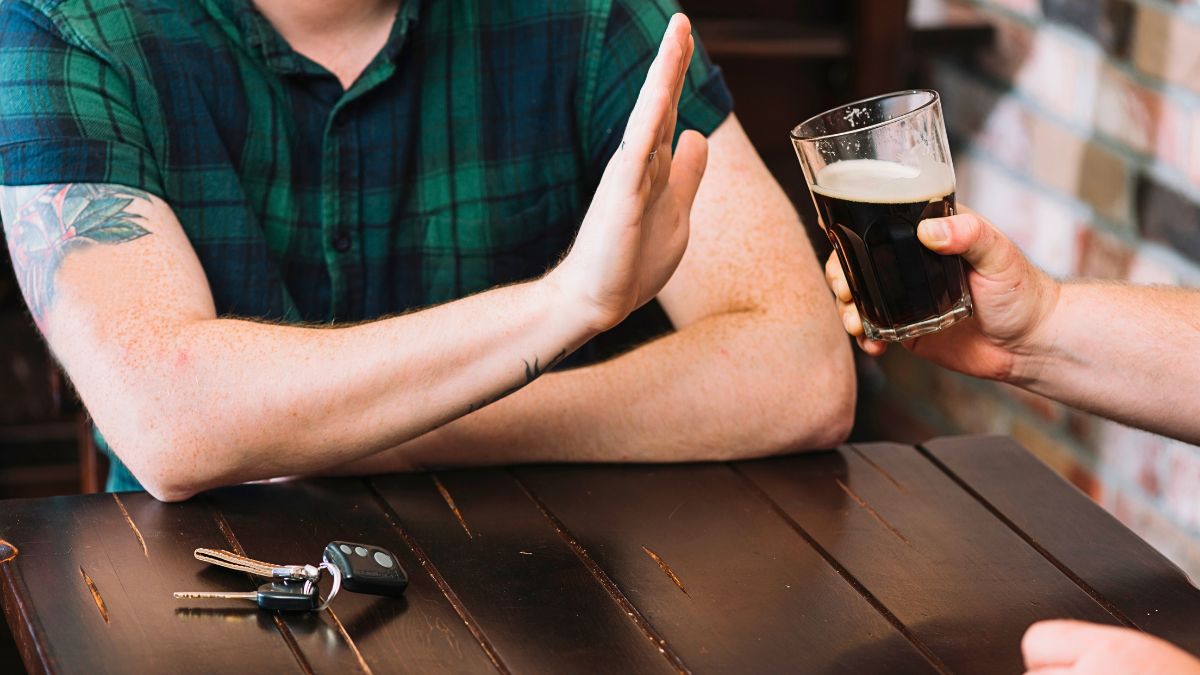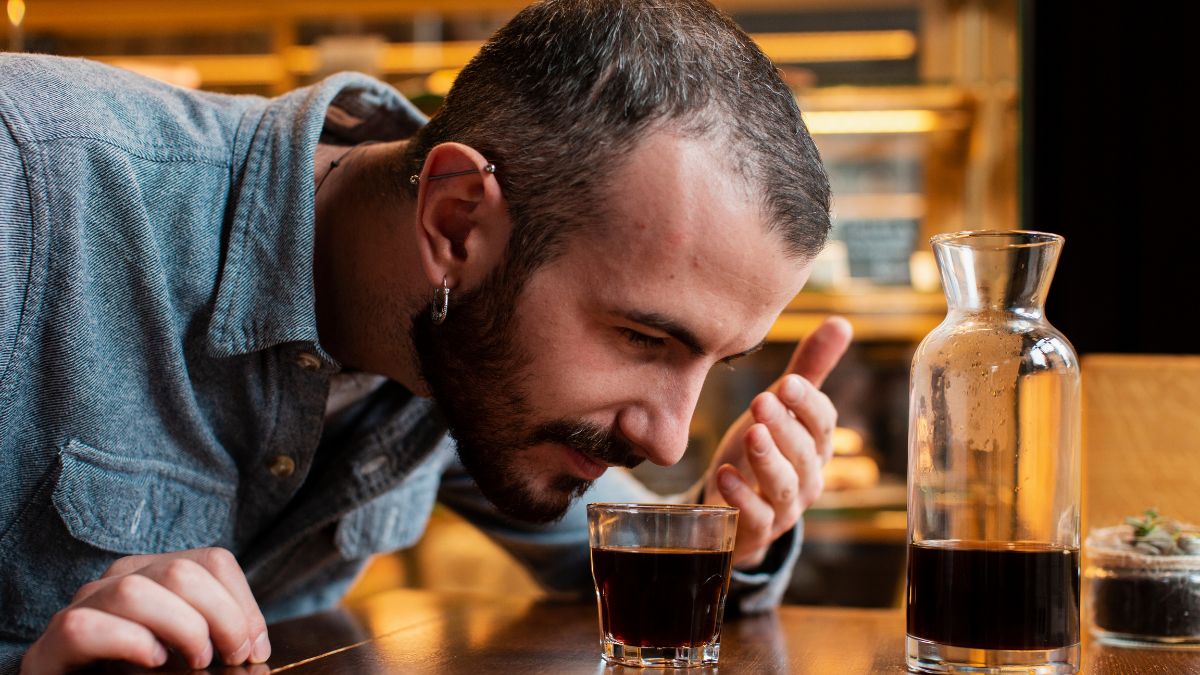Teen addiction doesn’t usually come out of nowhere. It creeps in—slow, quiet, and often masked by typical teenage behavior. As a parent, friend, or teacher, you might shrug off certain changes as just “growing pains.” But there are warning signs that shouldn’t be ignored. Let’s break down what to watch for so you can catch it early and step in before things spiral.
Behavior
Teenagers are moody—sure. But addiction causes more than just bad moods. Look for sudden shifts in behavior that feel extreme or out of character. Has your once social teen become secretive and withdrawn? Are they suddenly hostile or irrationally defensive when asked simple questions?
They may also lose interest in activities they used to love. Sports, hobbies, hanging out with friends—they all get pushed aside. You might notice they’re lying more often or sneaking around. These are major red flags.
Appearance
Changes in appearance can be some of the most visible signs. If your teen suddenly looks different, it’s worth asking why. Bloodshot eyes, frequent nosebleeds, or constant sniffles without a cold could point to substance use. Look for unexplained weight loss, poor hygiene, or wearing long sleeves even in hot weather.
Addiction often makes teens careless about their appearance—greasy hair, unwashed clothes, or even track marks on arms in extreme cases. Pay attention to what you see, even if they brush it off.
Health
Is your teen always tired? Do they complain of headaches or nausea more than usual? Drugs and alcohol take a toll on physical health. You might notice more frequent illnesses, shaky hands, or even slurred speech.
Mental health also takes a hit. Teens battling addiction often deal with anxiety, depression, or mood swings. What’s scary is that these symptoms often get overlooked as “just teenage stuff.” But if they’re constant, it might be more serious.
School
Academic performance is one of the first things to suffer. If grades suddenly drop or teachers report missed assignments and poor focus, something’s going on. Skipping class, getting into trouble, or even changing friend groups can also be signs.
Watch for declining motivation or disinterest in schoolwork. Teens using substances often stop caring about their future goals and ambitions. It’s not laziness—it’s a red flag.
Social
Friends say a lot about a person. If your teen suddenly ditches their old group for a new crowd—especially one that seems edgy or troubled—pay attention. Isolation is another big clue. Teens might avoid family, skip meals, or lock themselves in their room more than usual.
Addiction is isolating. Teens may cut off people who might notice something’s wrong. They might stop going to family gatherings or avoid conversations. That kind of pullback? It’s not normal.
Money
Addiction costs money—and teens don’t usually have a steady income. If you notice money disappearing from wallets or things going missing at home, it could be funding a habit. Some even resort to selling personal items or stealing.
Also, take note if they start asking for money more often without a clear reason. Sudden financial needs, especially paired with any of the signs above, should raise alarms.
Spotting the early signs of addiction in teens isn’t about paranoia—it’s about protection. The earlier you catch it, the better chance you have of helping them recover. Trust your instincts. If something feels off, it probably is. Have open conversations, seek professional help if needed, and remember—you’re not alone in this.
FAQs
What are early behavioral signs?
Mood swings, lying, and withdrawal from activities.
Do grades drop with addiction?
Yes, addiction often causes falling grades and poor focus.
How does addiction affect appearance?
Look for weight loss, poor hygiene, and bloodshot eyes.
Can teens hide addiction easily?
Yes, they may lie, isolate, or change friend groups.
Should I confront my teen?
Yes, calmly talk to them and consider professional help.










